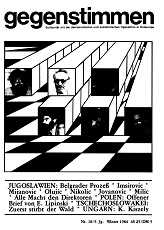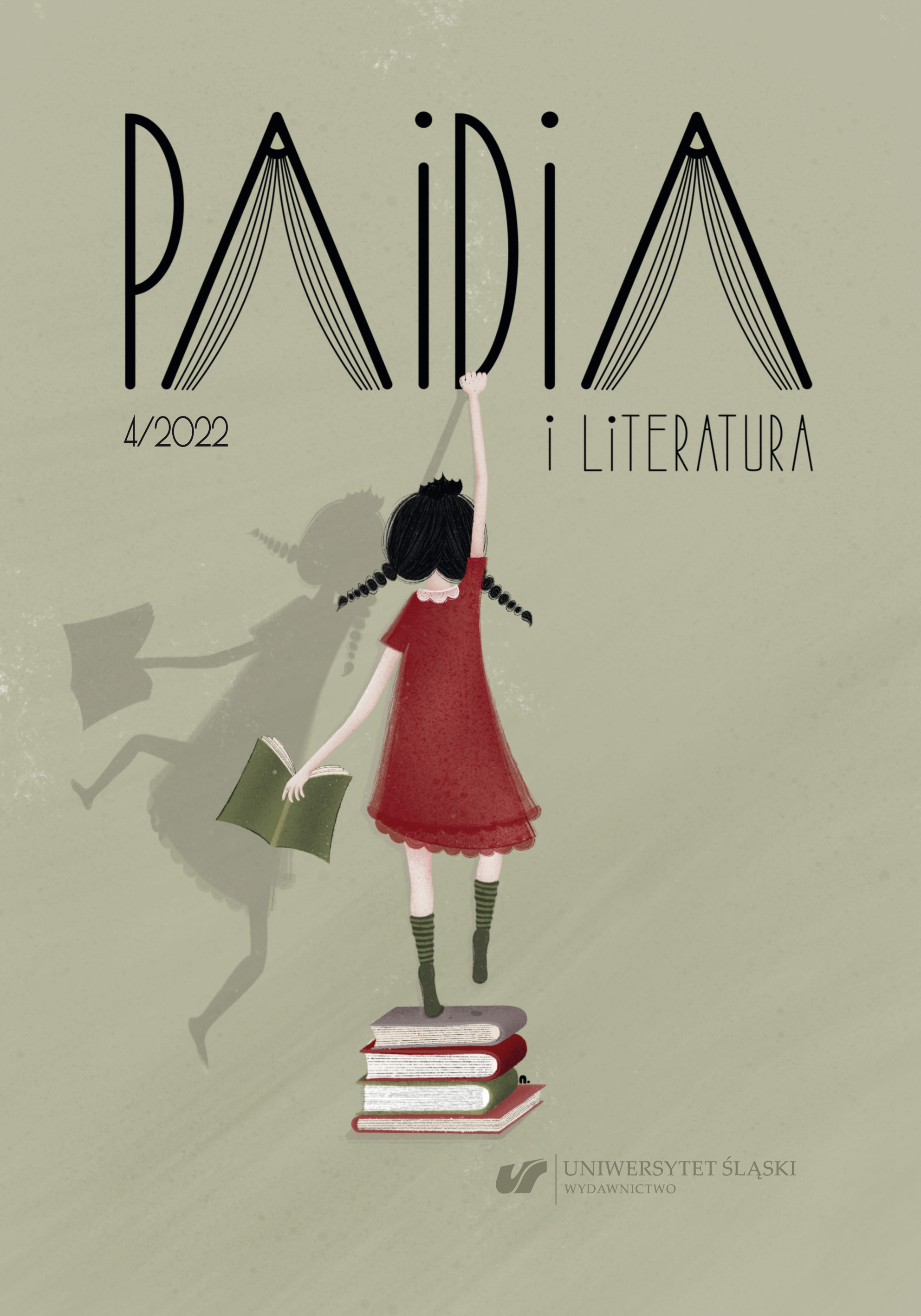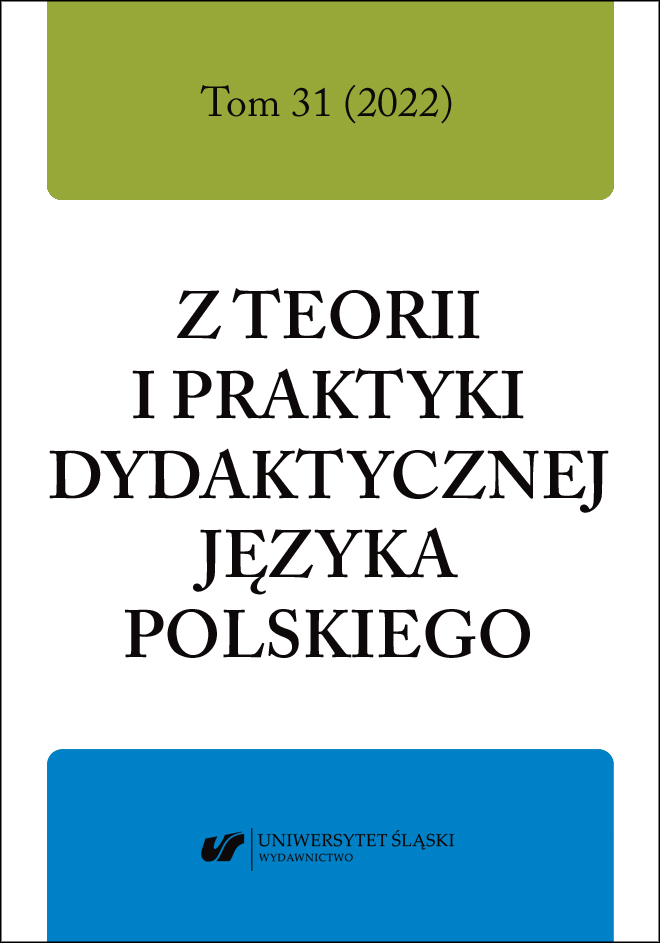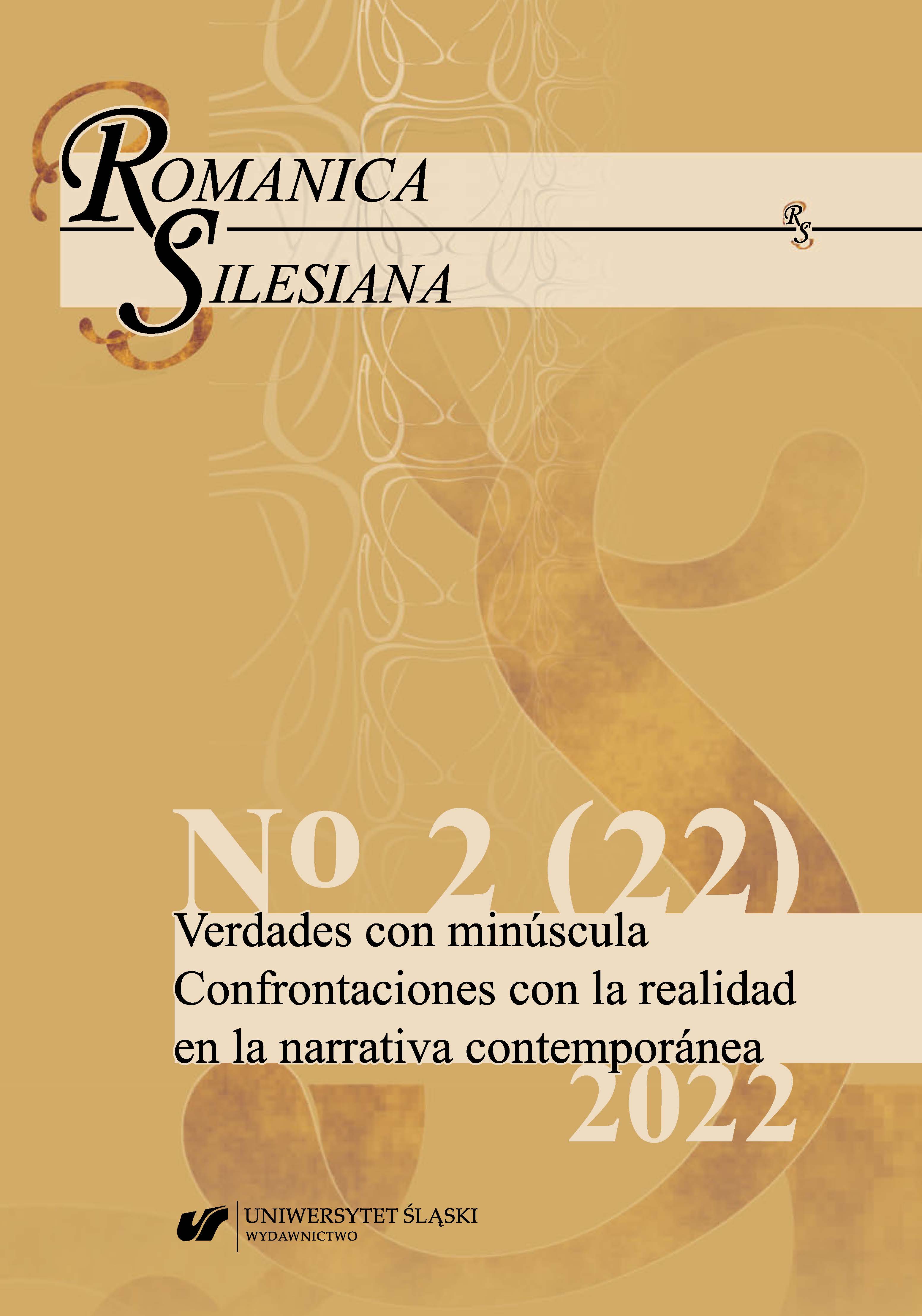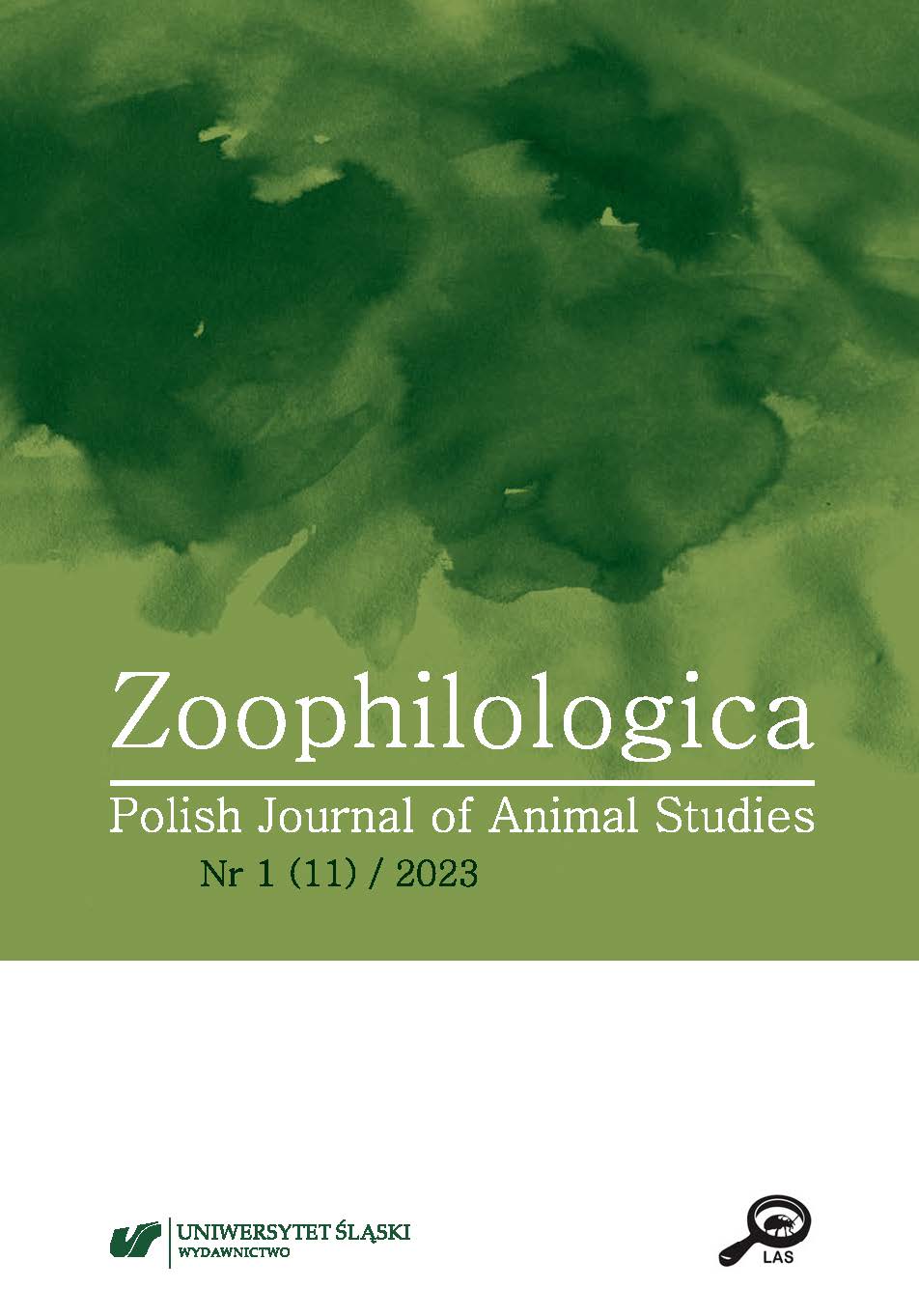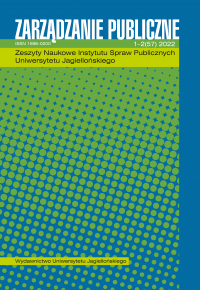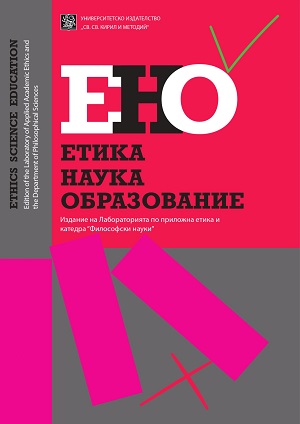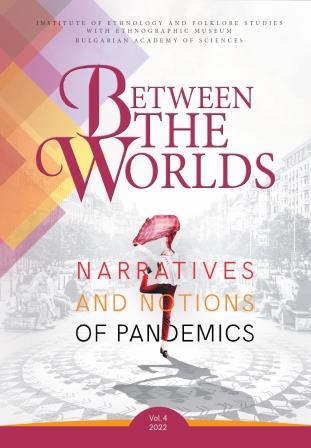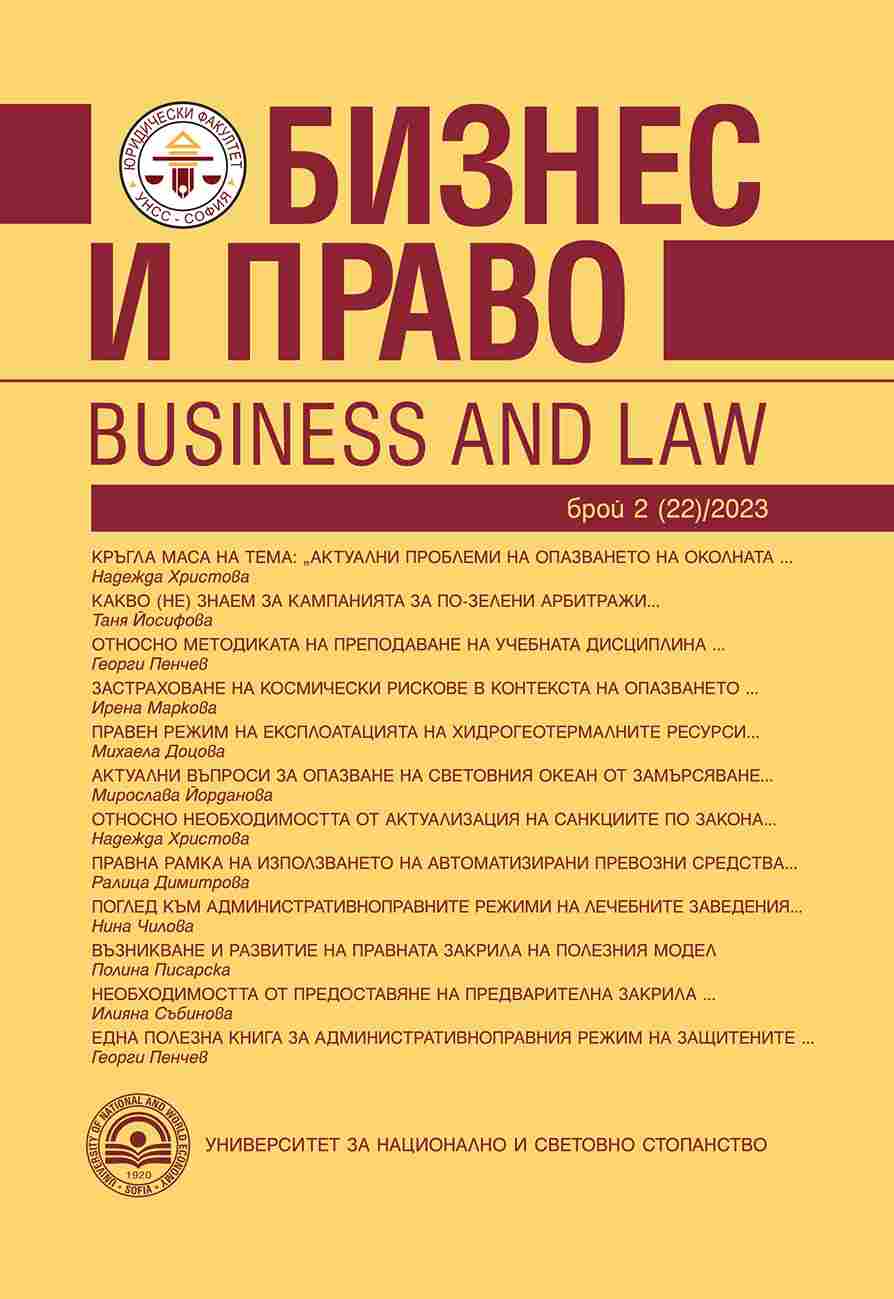Author(s): Luba Pirgova-Morgan / Language(s): English
Issue: 4/2022
COVID-19 represents a new era, a time of crisis, and a time of transitions. One of the biggest impacts of the pandemic globally on both individuals and groups has been the transformation of our perception of time. How we perceive time and how time permeates through every aspect of our lived realities during COVID-19, inevitably has brought great changes to research methodologies and approaches used as part of the entirety of the research process: from funding applications, research design, and implementations to collaborations, dissemination, and impact activities beyond project conclusion. The research presented shares key findings and insights from the PRAXIS Project: COVID-19 Strand. A project that examined in depth, via surveys and interviews, Arts and Humanities (A&H) research during COVID-19, with a focus on the pandemic impacts on research practices experienced by academics from the cohort of more than 300 projects funded through the Global Challenges Research Fund (GCRF) and Newton Fund. The impact of COVID-19 on research methodologies, scientific challenges as well as new found opportunities and innovations will be presented through the prism of time. Time will be discussed in terms of the speed of time, content of time, importance of time, lost time, found time, and changes in time, and what all those iterations of time can tell us about the transformation of the research process during the pandemic, but also beyond. The discussion presented aims to show the lessons learned, challenge some of the existing scales of values, design desirables, and varied outputs, while also considering the changes to research as a whole and how to look forward during these unprecedented times.
More...
